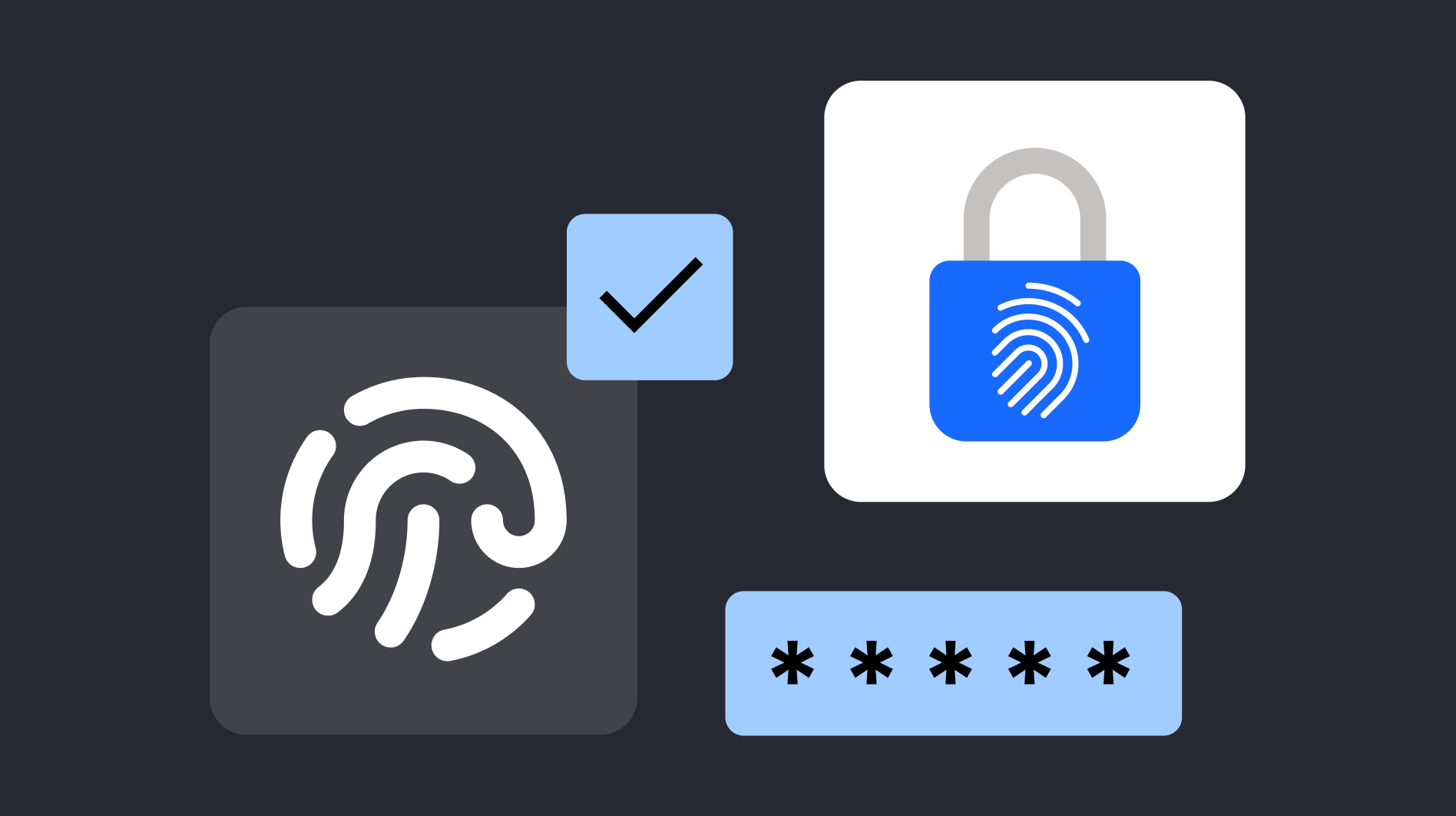Mohit Kumar has spent his payments career working for some of the world's largest online marketplaces. For almost two decades, he's helped power marketplace transactions between buyers and sellers, initially for eBay and now for Upwork as its VP of Product Management, Payments and Monetization.
Yet, like most payments professionals, Mohit's career began elsewhere. In his case, it was manufacturing, followed by stints in procurement and ecommerce marketplaces.
"The B2C/C2C ecommerce marketplace I was working with was in its startup phase," Mohit explains. "As is true of all startups, one gets exposure to multiple facets of the business. This was my first introduction to the payments world."
Mohit moved deeper into payments—and to the U.S. from his native India—following eBay's acquisition of the startup marketplace. "My job was to scale eBay's payments business," he says. "I launched various customer-facing products, and focusing on shaping that customer experience was extremely enjoyable and intellectually stimulating."

After more than a decade at eBay, Mohit joined Upwork, a pioneering online marketplace connecting businesses with independent talent. As money movement is core to any marketplace's fabric, Mohit was keen to use his expertise in this space for scaling Upwork's global payment offerings.
"I wanted to help champion a business with a purpose. Upwork has a great culture and a fabulous mission to create economic opportunities and greater choices for independent talent and businesses of all sizes across the globe."
And Mohit's work has a critical role in empowering Upwork to meet its goals and mission. As he explains, the lack of a common currency and payment method historically inhibited using freelancers across different markets. There's also a leap of faith, engaging with somebody who is essentially a stranger. "The Payments team solves these fundamental challenges. We decouple the need for a common payment method or currency. We also enable payments to take place over the Upwork platform, acting as a custodian of funds, giving peace of mind to those on both sides of the transaction."
And, according to the payments veteran, there are three pillars to building successful (and lasting) payment solutions: scalability, customer focus, and innovation.
Architecting products for scale
A critical priority for any fast-moving online marketplace with a diverse portfolio is architecting products for scale.
"There's no silver bullet to build for scale. The approach evolves depending on where the company is in its lifecycle,” he explains. “In its infancy, a company may focus on product-market fit, and iterating its product offering is vital. As the company grows, its product offering gets more elaborate, volumes rise, and demand for handling complexity reliably increases. Hence the need to invest in product foundations."
Considering the short and long term is critical when deciding what to build. "In fast-growing companies, it may make sense to develop something 'quick and dirty'," he says. "But you must always be conscious of the ramifications of that decision and ask questions such as: Will the proposed implementation make it more expensive to scale something in the future? And does meeting that near-term opportunity justify it?"
Another lesson Mohit has learned on his career journey is there's no shortage of fintech players ready to help marketplaces expand their capabilities and value proposition.
"Payments and product teams no longer have to build everything in-house. There are many microservices businesses that we can leverage to bootstrap capabilities. What's critical is finding a solution that will meet the needs of a future scaled state, in addition to the needs of the business today."
It's an important consideration. As Mohit explains, every business aspires to expand at some point, so a critical part of the evaluation is figuring out if the vendor's solution is scale-limiting or has a shelf life. "The evaluation should also never overlook what ongoing support, preventive monitoring and crisis management you can expect."
Customer experience is everything
People may not necessarily remember a great payments experience, but they'll never forget a bad one. This philosophy is imperative when building customer experiences in marketplaces.
"In global marketplaces, users compare payment experiences between brands. News of bad or slow experiences travels fast," according to Mohit. "I aim to ensure that we 'ace' that experience every time. It helps build our reputation and secures retention."
"We work hard to ensure freelancers find the right economic opportunity and, from my perspective, get paid quickly and in the way they choose. So, delivering fungibility, ubiquity and speed is essential. We also seek to minimize transmission losses, like currency conversion, to maximize their earnings."
And it doesn't stop with payments. "We also make it easy for them to reconcile their income, giving them full visibility on all their earnings and tax reports—you could compare this to a sort of virtual payslip."
What’s more, understanding what the customer needs is an ever-present priority. It's something that Mohit's team spends significant time focusing on.
"Sometimes you realize your customers are using a product in a way you didn't anticipate—that's a good thing. Having reliable qualitative and quantitative insight, and a culture of sharing and using it to make decisions is integral."
Embracing innovation
Mohit is always eager for innovation that democratizes choice and makes cross-border payments easier and more cost-effective.
"There's been a lot of fintech activity focused on coupling layers between traditional currencies and cryptocurrencies. Moving payments from crypto to conventional currency and vice versa must be as easy as making an FX transaction. It's a big space, and we expect many positive developments."
Mohit is also excited about the role that embedded finance and open banking will play in marketplaces: "Traditionally, credit cards have dominated payments. But thanks to open banking, other networks are catching up fast, with convenient and viable alternatives at a lower cost. Embedded finance is making financial health products more accessible to members of society that previously did not meet the borrowing criteria set by conventional lenders."
Working in payments requires collaborating with a broad spectrum of teams and functions.
Mohit believes that you must learn and evolve to work in payments, even looking beyond your role. "It's enriching to discover how other team members solve a problem. Working with cross-functional partners gives you a different perspective of how they look at priorities and helps you build better product portfolios."
According to Mohit, having the right team and structure will help build sustainably for the future. "You also need solid governance and a decision framework that allows for better empowerment. Do this, and you can spend less time reacting to fighting fires and more time enjoying building things customers will love."



.jpg)

.png)






_How%20and%20why%20to%20launch%20a%20card%20program%20(1).png)



_Introducing%20Issuing.png)